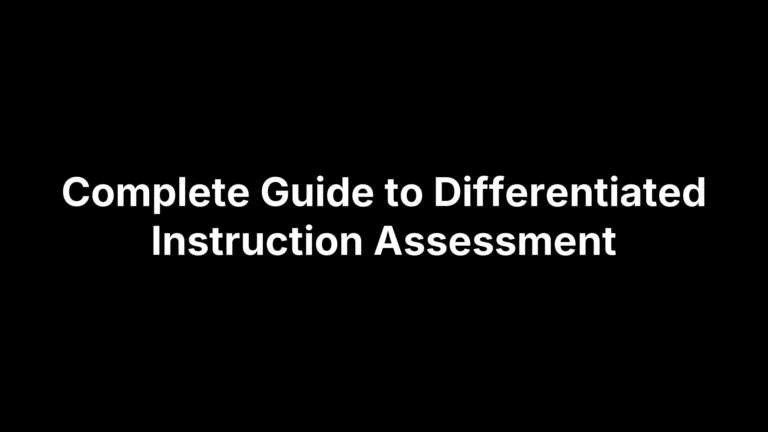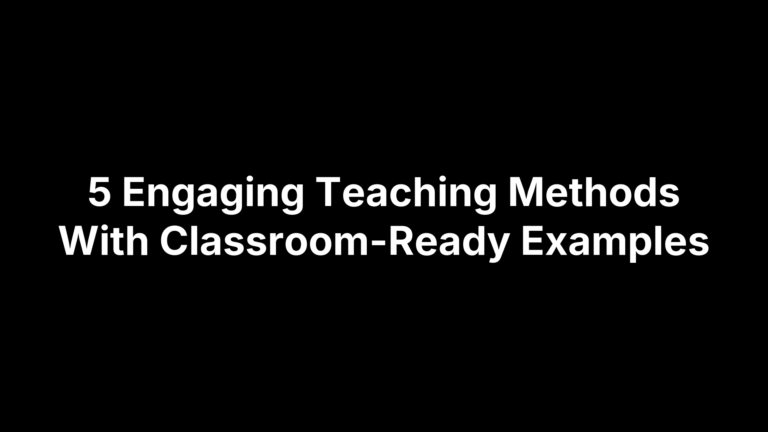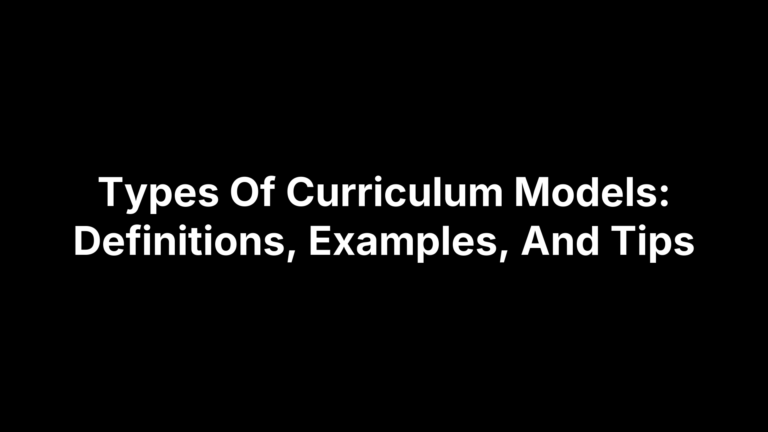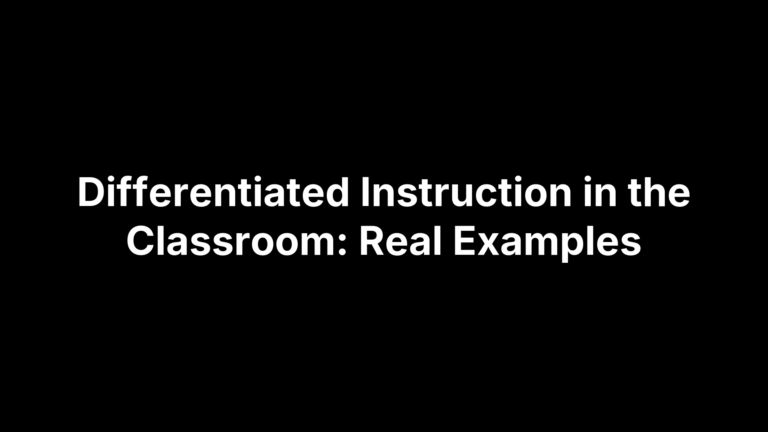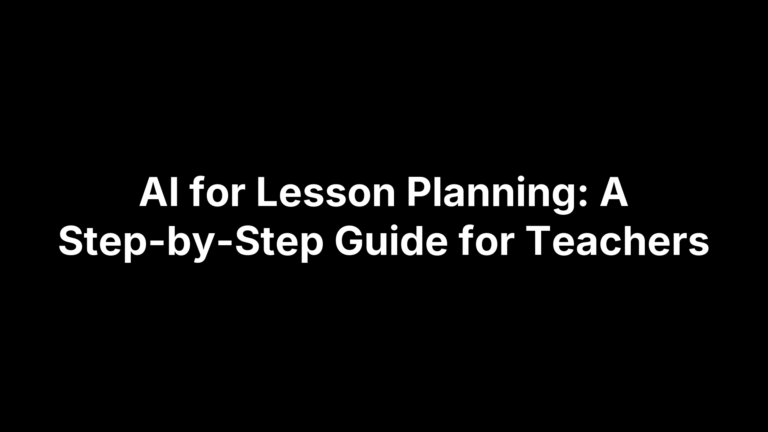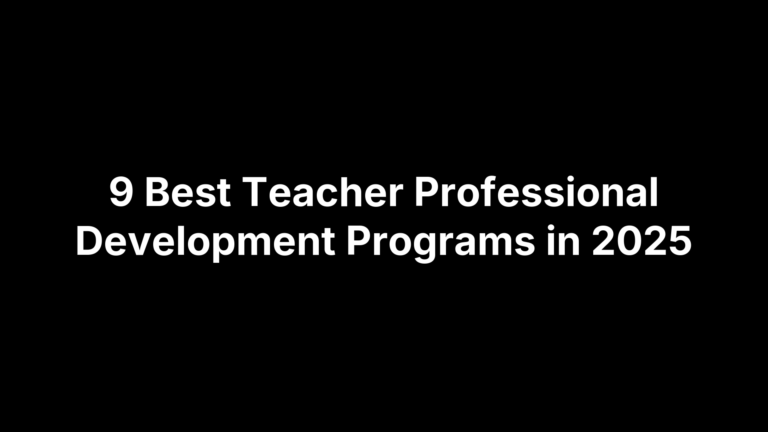Complete Guide to Differentiated Instruction Assessment
Differentiated instruction assessment is the practice of using varied assessment methods to understand where each student stands and what they need next. Instead of giving everyone the same test and hoping for the best, you gather evidence of learning in multiple ways. This lets you spot gaps, celebrate progress, and adjust your teaching to match…
